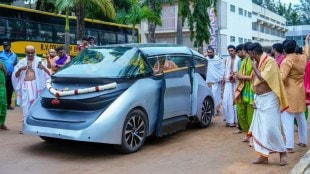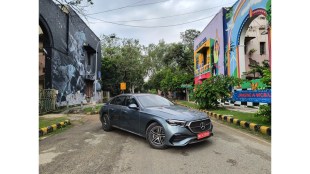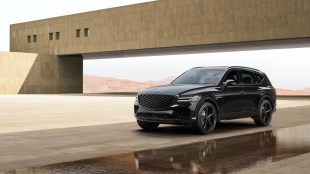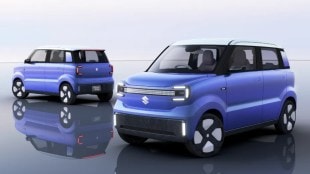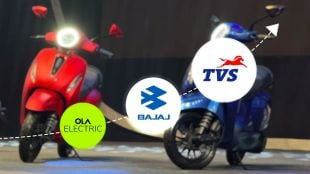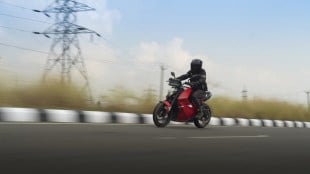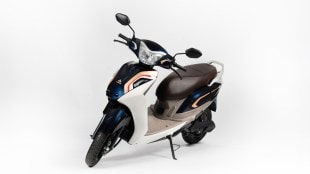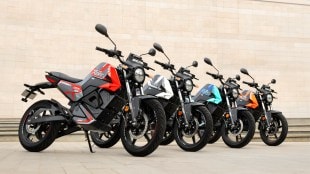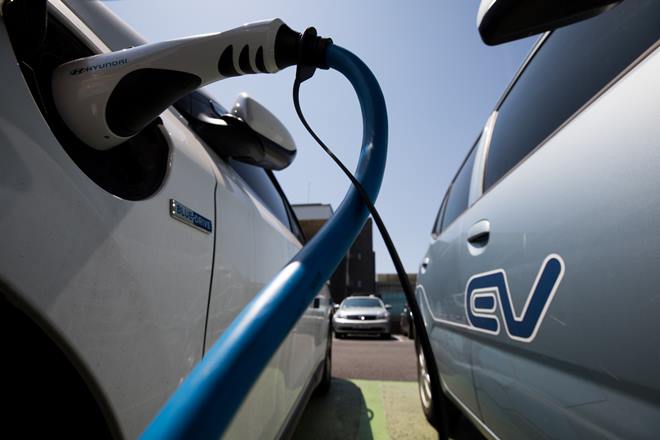
High cost of battery and lack of charging infrastructure and policy transparency are the key challenges facing the electric mobility landscape in the country, according to a Grant Thornton CII report. The report — Mobility through transition-Disruption and impact — further suggests that the government needs to focus on importing lithium as sourcing this critical metal continues to be a key hurdle in electric vehicle (EV) adoption in India.
“The advent of new mobility era of powertrain electrification shared mobility and software integration, has made it necessary for the auto industry to contemplate capacity redesign with the objective of seizing new growth markets,” Grant Thornton India LLP Partner Saket Mehra said while releasing the report today.While regulators are taking a proactive stance to assess the techno-economic impact of large scale penetration of EVs on the grid, an appropriate regulatory framework is much-needed to facilitate the roll out of EVs, he added.
Electric vehicles in India: The real picture and what to expect by when
“This is the right time for India’s automotive industry to display its resilience and capability on the global stage as well as embrace the challenges on account of understanding new technology and business strategies. With investment potential of USD 667 billion globally, there is a thrust to make electric mobility a feasible alternative in the future,” Mehra said.According to the report, integrating transportation with electricity, developing the shared ecosystem platform, and scaling up the manufacturing are the key parts of India’s roadmap to have 30 per cent EVs on road by 2030.
According to teh report, migration of internal combustion engine (ICE) to EV powertrain will mean that manufacturers will no longer require engine parts and drive transmission components or will have reduced demand for them.Therefore, component suppliers will have to re-look at their product offerings, R&D efforts for developing and supplying electric motors, inverters, converters, rectifiers and engine management systems.





